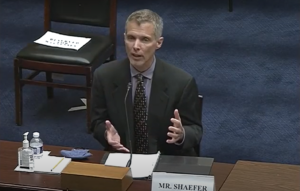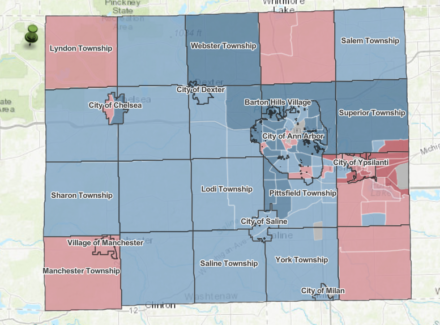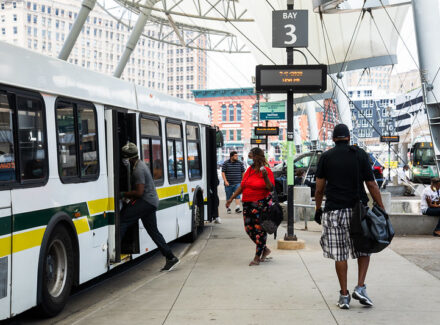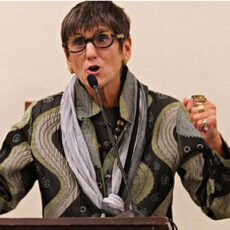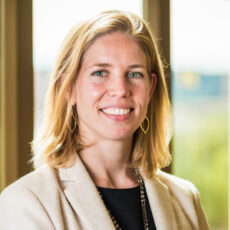
Investing in Us: Resident Priorities for Economic Mobility in Detroit
In September 2020, Poverty Solutions released a report that lifts up more than a decade’s worth of input from Detroit residents on how to increase economic mobility and decrease poverty in their city. The community-based research project, titled “Investing in Us: Resident Priorities for Economic Mobility in Detroit,” highlights the importance of nuance in building resident-driven approaches to poverty reduction in the city.



